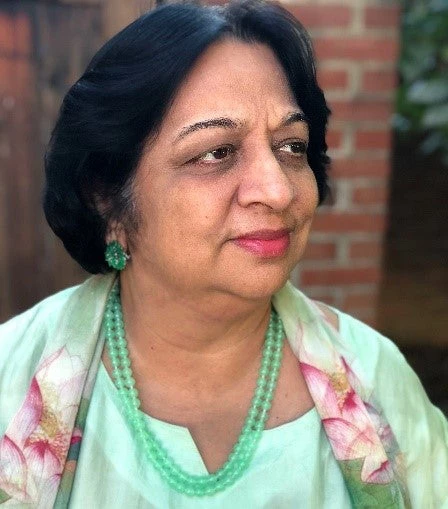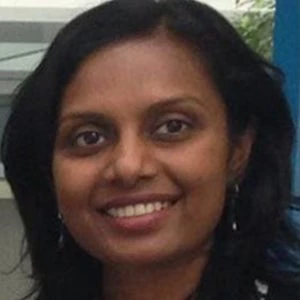With global data flows increasing a thousand times over the last 20 years, data have become ubiquitous. Yet much of the value of data remains untapped.
Data are critical to solving development problems today and can be a powerful weapon to fight poverty in low- and middle-income countries, one that can potentially change the lives of poor people.
What needs to be done to harness the tremendous potential of data for development, while also acknowledging data’s potential to harm individuals, governments, businesses, and societies? What kind of governance arrangements are needed to create and use data in a safe, ethical, and secure way while equitably delivering value? What kind of data literacy is needed to improve and encourage data use and reuse to solve development challenges?
The World Bank Group’s (WBG) new Massive Open Online Course (MOOC), "Data for Better Lives: A New Social Contract,” will address these questions and give course participants an opportunity to learn from global experts.
This free course is based on the World Development Report (WDR) 2021, Data for Better Lives.
The MOOC gives insights into the following areas:
- How to get more value out of data while protecting people against harm and ensure access and representation,
- Discusses data governance improvements necessary to implement the principles of the social contract for data and achieve the ambitious vision of the Integrated National Data System (INDS),
- Focuses on data literacy and takes a step forward in advocating for improving data use for development purposes,
- Explores how data-driven development can be fostered by analyzing where public and private sector investments are the most critical,
- Presents a rich program for policy reform and technical assistance,
- Highlights areas where global initiatives and partnerships can help to convene and facilitate cooperation at regional, bilateral and international levels,
- Identifies inadequacies in the current data landscape among countries and review ways to resolve them.
The course is relevant to development professionals, government officials, academic institutions, businesses and civil society organizations, working or interested in data driven development, as well as individuals interested in learning about what data changes and challenges lay ahead.
Participants will:
- Learn from and interact with global experts and practitioners.
- Collaborate with thousands of development and policy experts.
- Build a global development professional network.
- Have the option to earn a World Bank Group–edX certificate.
8 Terrific Features of the Course
The MOOC has two tracks: (i) Development Specialist Track comprising of policy makers and practitioners and the (ii) General Champion Track for any interested individual.
- 21 video talks by the authors of the World Development Report 2020 and other renowned global experts.
- Video captions available in six other languages: French, Spanish, Chinese, Arabic, Russian, and Portuguese.
- Peer review and collaborative assignments wherein learners produce written material to synthesize practical learnings in their own contexts.
- A final digital artifact (project) to summarize key lessons learned from the course.
- E-discussions as well as social media channels, such as Twitter, to enable learners to communicate and share resources.
- Live chats with experts, who engage in a Q&A with learners.
- A library of reading, resources, and optional exercises for those who choose the “Development Specialist Track,” which provides more technical information.
- A recognition program to acknowledge learners who take on additional tasks to be considered a “Course Hero.”
Role of MOOCs in Global Capacity Building
Since its inception in 2015, the World Bank Group’s Open Learning Campus has aimed to become one of the world’s leading references and go-to destinations in:
- International development education to increase development effectiveness and share knowledge about development themes in flexible and accessible ways.
- Raising awareness of global, regional, national, and local development challenges and the approaches and programs underway by the World Bank Group and its partners to tackle these.
- Creating online knowledge exchange, learning, and capacity-building programs that bring together global-national-local public and private actors to catalyze finance, investment, and know-how in support of the World Bank Group’s twin goals and the Sustainable Development Goals.
This MOOC exemplifies the power and potential of online engagement and capacity building. Our World Development Report MOOCs have benefited more than 100,000 learners across the globe. Our goal is to continue growing this program by offering free access to world-class knowledge on the most pressing development topics and challenges. We hope that you will join us in exploring them – register here for the 2021 World Development Report MOOC ‘Data for Better Lives: A New Social Contract’.
The course is offered through WBG’s Open Learning Campus (OLC) on the edX platform with generous financial contributions from the Republic of Korea as part of OLC’s Korea Program for Operational Knowledge.



Join the Conversation